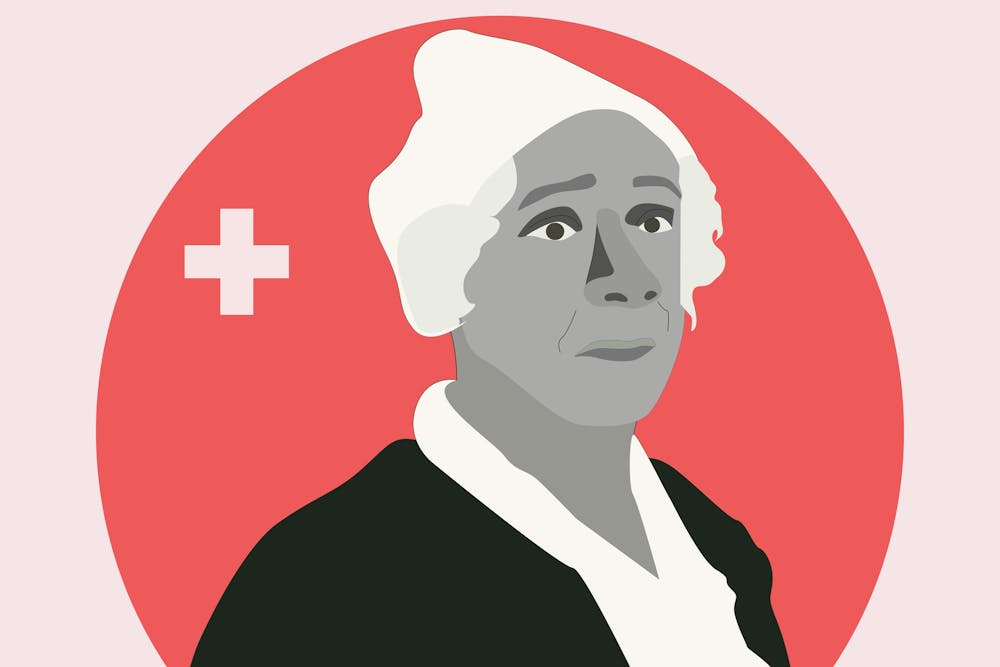Adelia Compton, known by the Chapel Hill community as “Nurse Compton,” was the first Black employee of the Town. Through her work in the early- to mid-20th century, she pushed to improve the health of the local Black community, which had been largely neglected by the Town and University.
Compton was born on April 20, 1873, in Nelson County, Va. She was educated as a nurse at Lincoln Hospital in Durham, which was established in 1901 to train Black nurses, said Molly Luby, the community history coordinator for Chapel Hill Public Library.
“She wasn't just a nurse,” Danita Mason-Hogans, a civil rights historian and Chapel Hill native, said. “She was also a teacher, and she was an organizer.”
Luby said Compton arrived in Chapel Hill on Dec. 31, 1923, after being recruited by the American Red Cross.
Compton began her work at the health department of the local community club and became Chapel Hill’s first Black nurse. She surveyed the Black community and discovered its lack of accessible sanitation and health facilities.
Chapel Hill’s infrastructure at the time was largely controlled by the University, Luby said.
“They owned the utilities,” she said. “They were the ones who bypassed the Black community.”
In 1926, the Town started paying a portion of Compton’s salary, making her the first Black employee of the Town of Chapel Hill. The American Red Cross continued to pay about half of her salary and the remainder was paid through funds raised by the Black community, Luby said. The Town, however, failed to pay the salary it promised Compton consistently and in its entirety, Mason-Hogans said.
Within a month of her arrival, Compton had visited 200 families in Chapel Hill.




